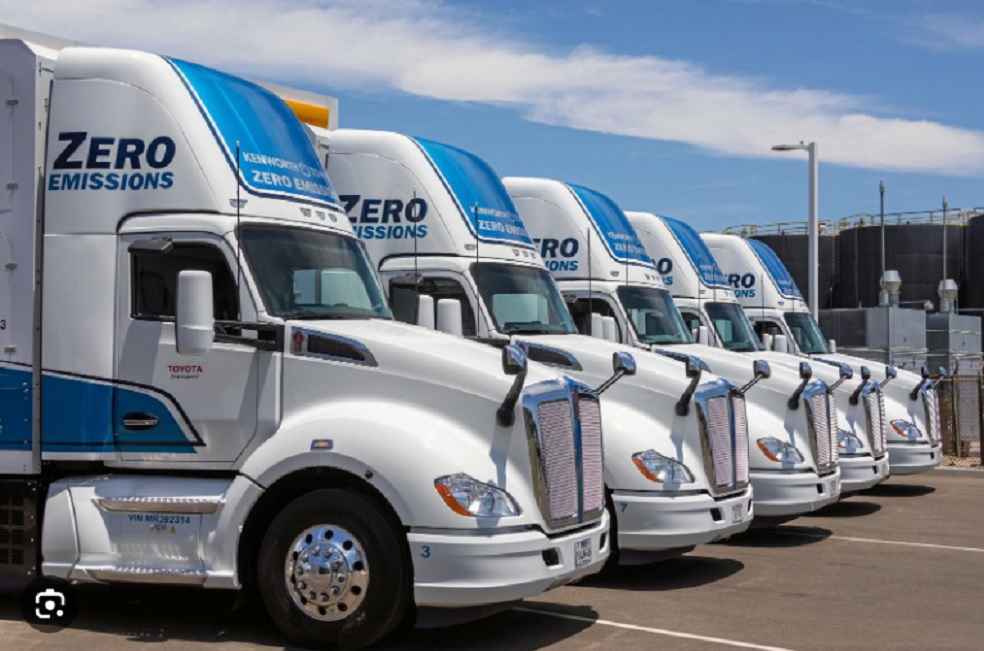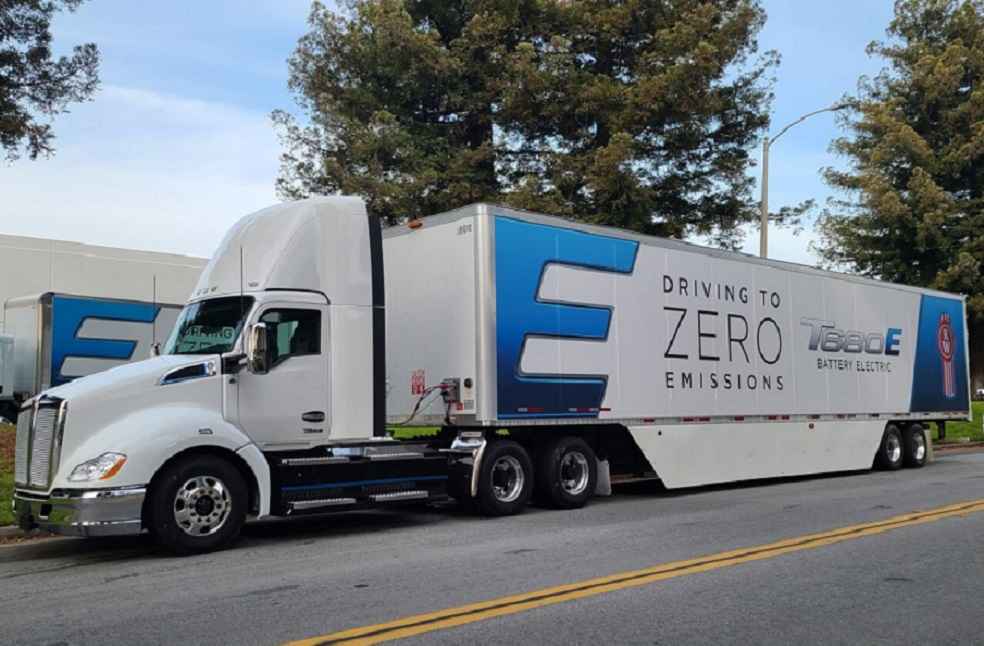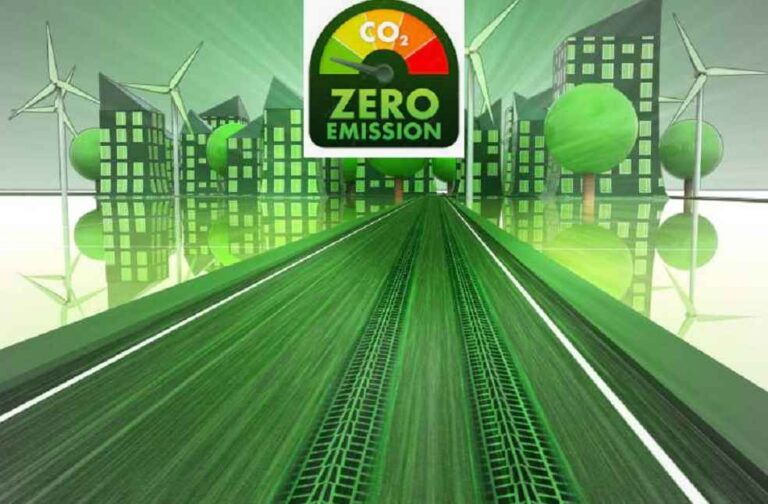A milestone for green transportation, the World Economic Forum (WEF) disclosed the establishment of India’s ‘first zero emission road’ freight cluster initiative. Revealed during the G20 Energy Ministers’ meeting, this groundbreaking step targets a substantial reduction of India’s greenhouse gas emissions amidst the country’s burgeoning road freight demands, projected to rank as the world’s second largest within the next decade.
The bold venture, titled ‘Moving India’, aspires to dispatch over 550 zero-emission trucks along key road arteries through Gujarat and Maharashtra. Collaboration between India’s Ministry of Ports, Shipping and Waterways and NITI Aayog’s e-FAST India program provides strong backing for the project.

“Creation of this zero-emission road freight cluster marks a crucial stride towards transforming India’s energy profile within road freight,” declared Roberto Bocca, Head of the Centre for Energy and Materials at WEF. According to Bocca, a shared, cluster-based strategy could escalate scalability, facilitate shared asset and infrastructure deployment, stimulate a vehicle supply and servicing ecosystem, and influence policy consensus.
Gujarat and Maharashtra, contributing a combined GDP of $700 billion and their ports processing roughly half of India’s complete cargo volume, provide an optimal region for initiating the zero-emission road freight cluster. Early adoption of zero-emission road freight targets sectors such as cement, metals, ports, automotive, and consumer goods.

Adani Ports and Special Economic Zone (APSEZ) sets a precedent with a vigorous commitment to sustainable expansion. Led by CEO Karan Adani, the firm yearns to secure carbon-neutral status by 2025 and targets net zero by 2040. As a forerunner, APSEZ has already placed 263 battery-operated trailer trucks into operation at its Gujarat ports and stationed another 75 trucks at its Tamil Nadu ports. This aligns with the firm’s broader vision of electrifying port equipment using renewable energy.
Endorsement for deploying zero-emission trucks within and around India’s shipping ports complies well with India’s ‘Harit Sagar’ Green Port Guidelines, affirmed Sushil Kumar Singh, Joint Secretary of the Ministry of Ports, Shipping and Waterways of India.
While challenges persist, shippers and vehicle manufacturers need to establish close collaborations with logistics service providers to secure financeable cash flows and technology reliability. Clear, supportive policies for zero-emission road freight vehicles and infrastructure are vital.

This initiative has earned broad support from India’s private and public sector. Notably, Sudhendu Sinha of NITI Aayog, K.C. Jhanwar of UltraTech Cement Limited, Vineet Agarwal of Transport Corporation of India, and Satish Sharma of Apollo Tyres voiced their endorsement for the initiative and pledged their commitment towards a cleaner, more effective road freight system.
With this bold step, India propels closer towards a sustainable future, demonstrating the feasibility of wide-scale deployment of green technologies across major industries. The ‘Moving India’ initiative symbolizes a significant shift for India’s transport sector, affirming the country’s dedication to reducing its carbon footprint amid the global fight against climate change.
INSPIRING | Jack Ma: From Humble Beginnings to Billionaire Philanthropist



